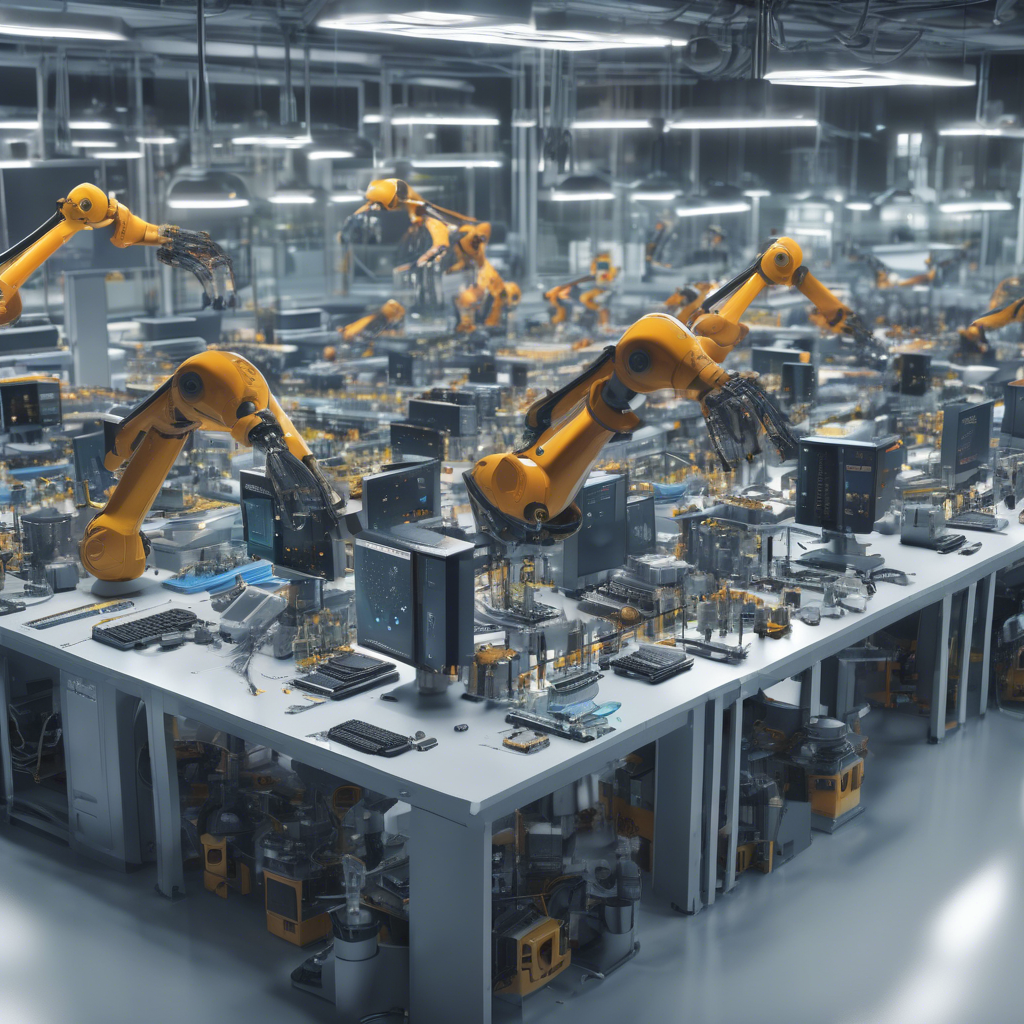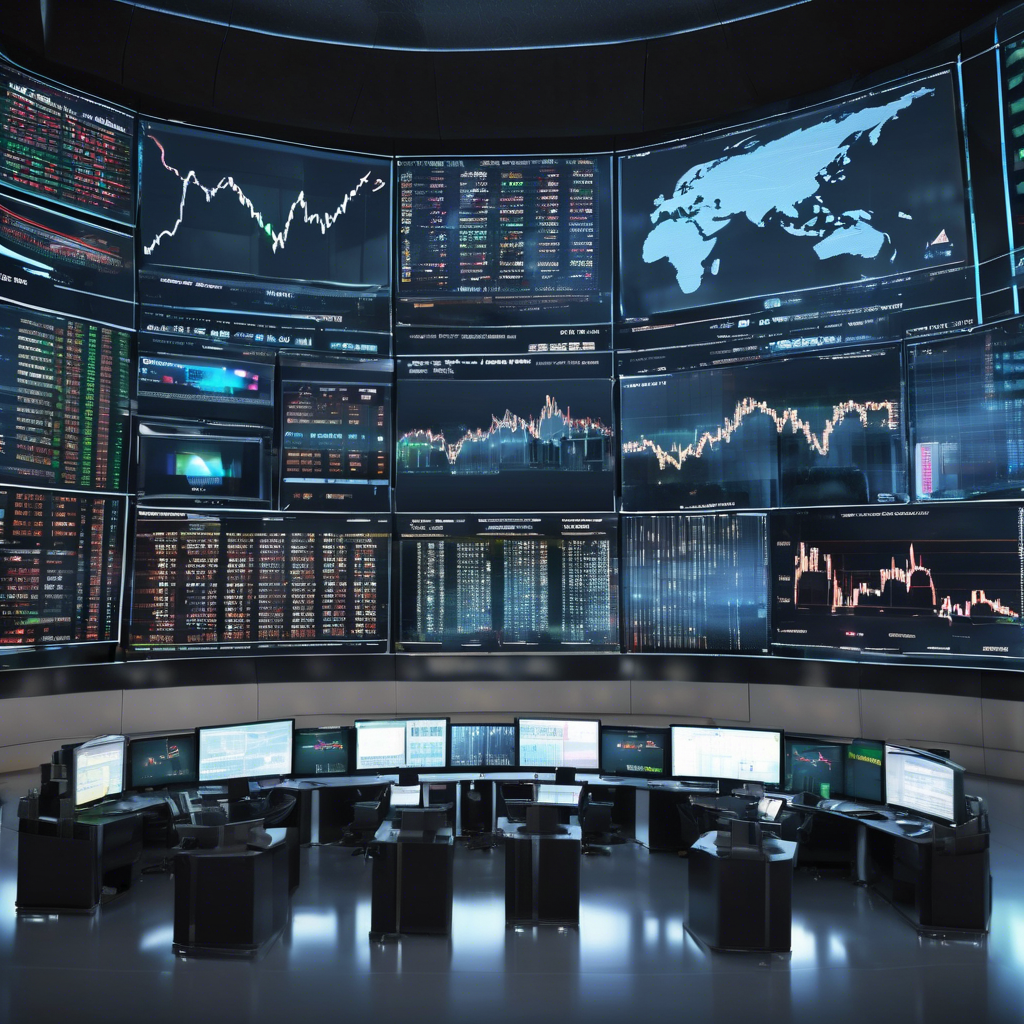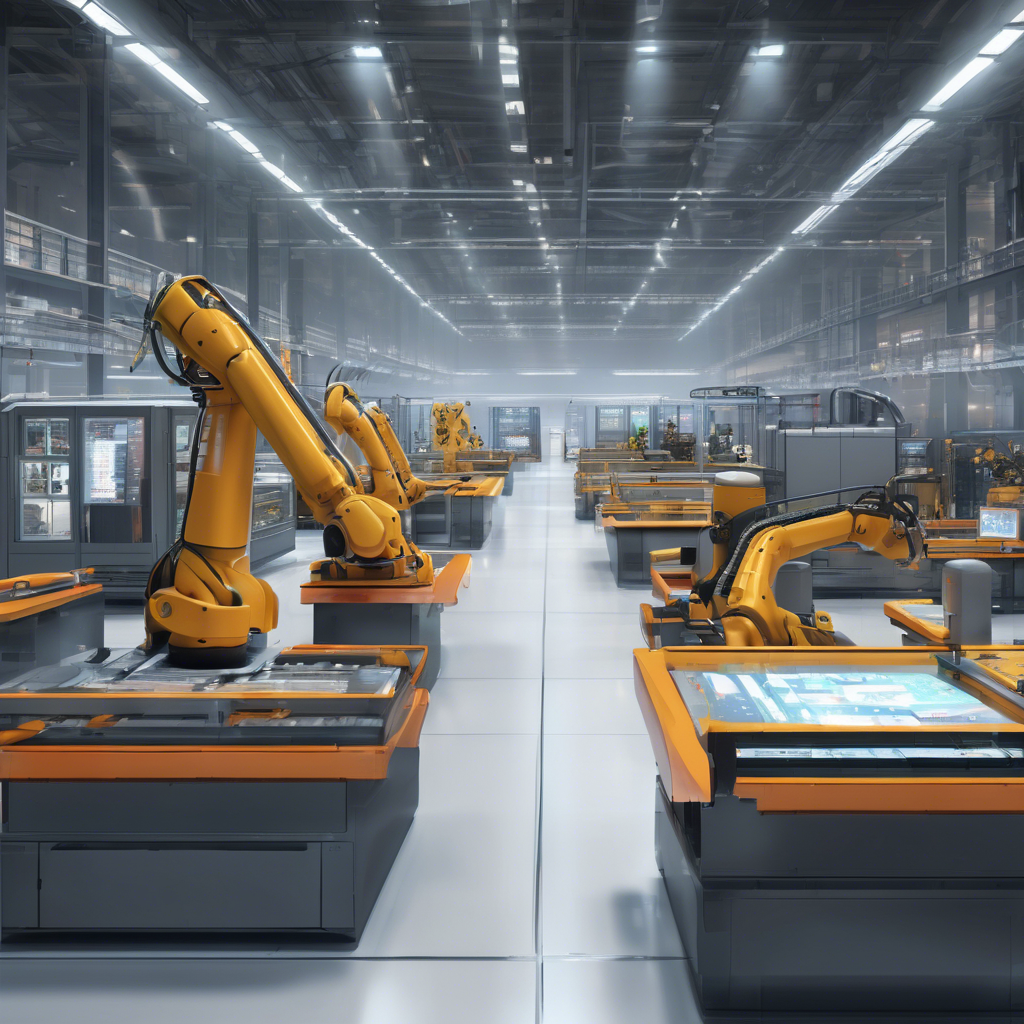AI Transformation in Data Centers: A New Era of Computing

The transformation in computing technology driven by artificial intelligence (AI) marks the most significant shift since the advent of the World Wide Web. Just as businesses revamped their systems for the internet in the 1990s, they are now restructuring their entire computing frameworks—from components to data center designs—to integrate AI. For two decades, tech giants have built data centers globally to manage the escalating online traffic from services such as search engines and e-commerce. However, the upcoming changes will vastly outpace previous efforts. In 2006, Google's first data center cost around $600 million, while OpenAI and partners recently announced plans to invest approximately $100 billion in new facilities, including a Texas campus, with a potential total investment of $400 billion across the U. S. This shift influences not only technology but also finance and local communities, with private equity investments in data center firms and growing concerns from residents about potential negative effects. Currently, tech companies' escalating demand for computing power and electricity outstrips supply. OpenAI is planning to raise funds for new chip factories in the Middle East, while Google and Amazon explore nuclear power options to support their operations. The push for AI, particularly for artificial general intelligence (AGI), fuels these developments. Amazon, Meta, Microsoft, and Alphabet expect to collectively exceed $320 billion in capital spending this year, more than double what they spent two years ago. The rise of AI computing hinges on specialized graphics processing units (GPUs), originally developed for video gaming but now essential for running neural networks that underpin advanced AI applications.
Compared to traditional central processing units (CPUs), GPUs can process numerous calculations simultaneously, enabling faster data analysis. As tech companies integrate more GPUs to enhance their AI capabilities, they also refine data center operations. For instance, after the launch of ChatGPT, Meta invested heavily in new data centers equipped with thousands of GPUs, which necessitate significant electrical and cooling improvements. Data centers face unprecedented electricity demands. Traditional centers that once operated on 5 megawatts can now require vast amounts of power to support GPU-rich environments. With projections indicating that data centers may consume over 12% of U. S. electricity by 2028, operators are negotiating with local utilities for more power. Cooling these dense GPU setups is another challenge. Companies like Google are implementing advanced cooling systems to manage overheating, including direct cold water circulation alongside GPUs to dissipate heat. Google's water consumption has risen significantly, raising concerns in drought-affected areas. Overall, this AI-driven transformation is accelerating infrastructure changes, leading to larger, more energy-hungry data centers as companies race to meet the demands of the burgeoning AI market.
Brief news summary
The computing landscape is experiencing a profound transformation, reminiscent of the World Wide Web's emergence in the 1990s, primarily fueled by the swift adoption of artificial intelligence (AI). Notable investments, including $100 billion from OpenAI and its partners, aim to push total funding toward $400 billion for global data centers. This evolution impacts various sectors such as technology, finance, and energy, with modern AI data centers demanding significantly more electricity than traditional ones. The industry is shifting from conventional CPUs to powerful GPUs, raising concerns over energy supply. Companies like Google and Microsoft are exploring alternative energy options, such as nuclear power, while some are using gas turbines for better energy efficiency. Additionally, to cope with the heat produced by AI systems, advanced cooling methods like water cooling are being implemented, sparking worries about water scarcity in drought-stricken areas. Overall, the expansion of AI capabilities is fundamentally altering the tech ecosystem and is poised to have a lasting impact.
AI-powered Lead Generation in Social Media
and Search Engines
Let AI take control and automatically generate leads for you!

I'm your Content Manager, ready to handle your first test assignment
Learn how AI can help your business.
Let’s talk!
Hot news

Why Is Everyone Talking About SoundHound AI Stock?
Key Points SoundHound offers an independent AI voice platform serving multiple industries, targeting a total addressable market (TAM) of $140 billion

Telegram's TON Ecosystem: A Billion-User Playbook…
The next frontier in the blockchain industry isn’t solely technical innovation but mass adoption, with Telegram’s TON ecosystem, powered by The Open Platform (TOP), at the forefront.

16 billion passwords leaked. Is it finally time f…
The 16 Billion Password Leak: What Really Happened?

AI in Manufacturing: Optimizing Production Proces…
Artificial intelligence (AI) is fundamentally transforming the manufacturing industry by optimizing production processes through advanced technology integration.

Independent Publishers File Antitrust Complaint A…
A coalition of independent publishers has filed an antitrust complaint with the European Commission, accusing Google of market abuse through its AI Overviews feature.

Congress Declares Crypto Week: U.S. Lawmakers Gea…
Key Takeaways: The U

Ilya Sutskever Assumes Leadership of Safe Superin…
Ilya Sutskever has assumed leadership of Safe Superintelligence (SSI), the AI startup he founded in 2024.

 Auto-Filling SEO Website as a Gift
Auto-Filling SEO Website as a Gift








 Auto-Filling SEO Website as a Gift
Auto-Filling SEO Website as a Gift

